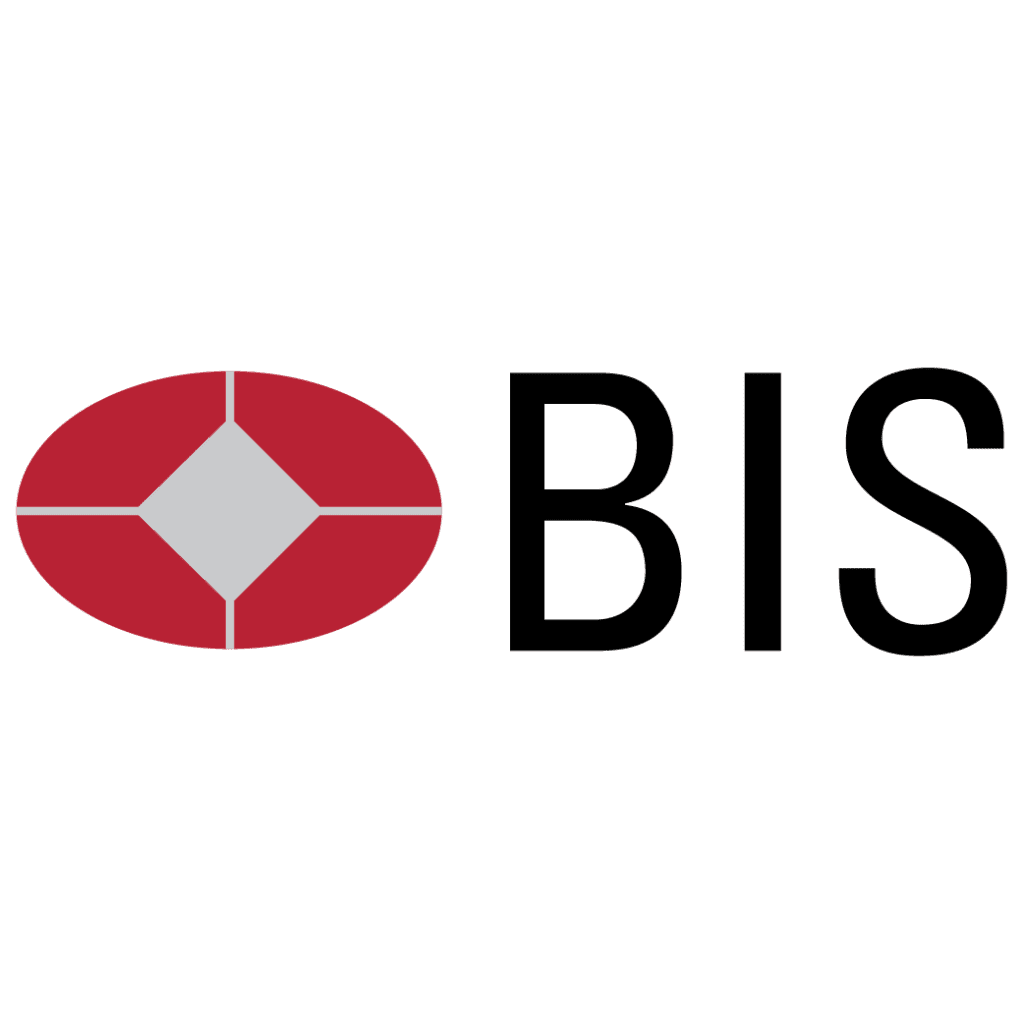LATAM PULSE

Become a member to read the rest of this article Username or E-mail Password Remember Me Forgot Password
WEEKLY POLITICAL COMPASS

Become a member to read the rest of this article
RUSSIA: Implications of United Russia’s expected victory

Become a member to read the rest of this article
How Arkansas implemented its computer science education program

Computer science (CS) education helps students acquire skills such as computational thinking, problem-solving, and collaboration, among others. It has been linked with higher rates of college enrollment (Brown & Brown, 2020; Salehi et al., 2020), and a recent randomized control trial study also showed that lessons in computational thinking improved student response inhibition, planning, and coding skills (Arfé et., 2020). As these skills take preeminence in the rapidly changing 21st century, CS education promises to significantly enhance student preparedness for the future of work and active citizenship. CS education can also reduce skills inequality if education systems make a concerted effort to ensure that all students have equitable access to curricula that provide them with the needed breadth of skills, regardless of their gender, ethnicity, or socioeconomic status.
Based on prior analysis and expert consultation, we selected 11 country, state, and provincial CS-education case studies with lessons that can apply broadly to other education systems. These cases come from diverse global regions and circumstances and have implemented CS education programs for various periods and to different levels of success. As such, we have examined information to extract lessons that can lead to successful implementation. This study will focus on the development of CS education in Arkansas.
While this U.S. state is not typically known for technological advancement, the governor’s strong leadership has led to a rapid and inclusive expansion of CS education, drawing praise from media and advocacy groups alike (Nix, 2017). Code.org, the Computer Science Teachers’ Association (CSTA), and Expanding Computing Education Pathways (ECEP) Alliance even noted in their 2019 “State of Computer Science Education” report that Arkansas has the largest share of high schools that teach CS (89 percent) of any U.S. state (State of Computer Science Education, 2020). The state also received the Frank Newman Award for State Innovation from the Education Commission in 2020 for its CS education initiative (CS for All, 2020). Given this recognition, the state’s CS education programs deserve close examination as other education systems work toward similar outcomes.
An overview of CS education in Arkansas
With regular funding, bipartisan political support, and strong executive leadership, Arkansas has made considerable progress at improving CS education since the beginning of the Hutchinson gubernatorial administration in 2015. To help guide key policy decisions, Governor Hutchinson appointed task force groups that included representatives from teacher associations, businesses, and government agencies. These stakeholders gave policymakers influential advice on teacher recruitment and training, student engagement activities, and curriculum standards.
The state set up incentives for participation in CS education programs. Since the 2015-16 school year, students have been able to use CS courses to fulfill high school science and mathematics requirements, which has contributed to Arkansas’s growing enrollment and improving diversity of CS classes (State of Computer Science Education, 2019; Associated Press, 2021). Arkansas has also developed CS certification for in-service and preservice teachers that encourage educators to participate in training programs (Code.org, 2017; Lang, Galanos, Goode, Seehorn, Trees, Phillips, & Stephenson, 2013). This is one of the more important aspects of this case study, as research has shown teachers to be one of the most important school-side factors in student learning in core academic subjects (Chetty Friedman, & Rockoff, 2014; Rivkin, Hanushek, & Kain, 2005). We posit that this applies to CS as well.
Lessons learned
Political leadership and stakeholder support are key to securing legislative approval and funding for activities that expand quality CS education.
Clear certification pathways, financial incentives, and professional advancement opportunities give teachers incentives to attend teacher training.
A full-time staff of administrators collaborating with a task force of industry representatives, teachers, and parents can enable decisionmakers to account for stakeholder needs and accelerate CS program improvement.
Offering CS in every school and allowing elective CS courses to satisfy high school graduation and university admission requirements can encourage students to explore their interest in CS.
By offering CS education to children at an early age, education systems can enable students to develop a strong interest in the subject and prepare them for advanced courses in high school. This progression throughout grades K-12 can inspire the most interested students to specialize in CS.
Read the full case study»
Related Content
Investing in China: myths and realities

Concerns are real, but the country fares as well as peers at similar levels of development. Analysis published in fDi Intelligence.
BIS Quarterly Review, September 2021

BIS Quarterly Review for September 2021 – Risky asset and sovereign bond markets seemed to send mixed signals during the period under review.
